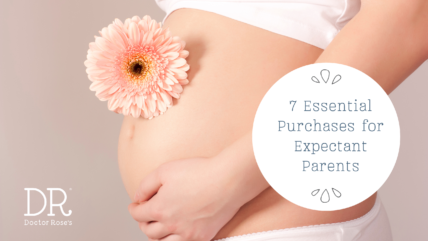According to a recent Washington Post article, the study found that women who received an mRNA vaccine such as Moderna or Pfizer during pregnancy had COVID-19 antibodies in their umbilical cord blood as well as in their breastmilk, indicating that at least some COVID antibodies can pass from mother to baby
“So worries about possible risk and harm may be proven quite the opposite,” said Brenna Hughes, vice chair for obstetrics and quality at Duke University. “In fact, it may be proven that the vaccines actually provide protection to the developing fetus.”
Earlier studies found that pregnant women recovering from COVID-19 passed along their natural immunity to their babies, but this is the first research looking at vaccine-generated antibodies.
While both the Moderna and Pfizer vaccines were part of this study—and both showed levels of antibodies being passed on to newborns–the Moderna vaccine had higher levels of the IgA antibody. The IgA antibody is a mucosal antibody that protects babies against diseases such as COVID-19 that attack mucosal areas in the respiratory tract. Researchers are still studying the effects of the Johnson & Johnson vaccine.
There is still a lot of research that needs to be done, but these early studies are positive. If babies can receive these antibodies, this protects them in the first several months of their lives when they are the most vulnerable.
Disclaimer: This blog provides general information and discussions about health and medical issues and is provided as an entertainment and informational resource only. It is not to be used or relied on for any diagnostic or treatment purposes. This information does not create any patient-physician relationship, and should not be used as a substitute for professional diagnosis and treatment. This blog is opinion based and these opinions do not reflect the ideas, ideologies, or points of view of any potentially affiliated organization. The information on this blog may be revised and/or otherwise managed.











Leave a Reply
You must be logged in to post a comment.